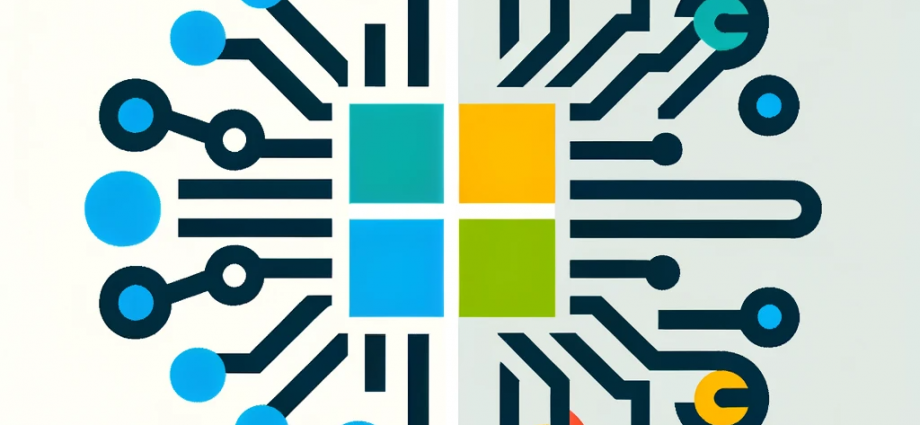Siemens and Microsoft have formed a partnership to promote the adoption of artificial intelligence across various industries. This collaboration was officially announced during the opening keynote speech by Roland Busch, CEO of Siemens, at CES 2024. They introduced the Siemens Industrial Copilot, a generative AI-powered assistant designed to enhance collaboration between humans and machines and boost productivity across multiple sectors.
This partnership is a response to the evolving landscape of AI technology, with the Siemens Industrial Copilot initially tailored for the manufacturing sector. It is a collaborative project that leverages Microsoft’s Azure OpenAI Service and Siemens’ Xcelerator digital business platform, with the aim of revolutionizing industrial processes.
During the presentation, Busch also showcased how Sony and Siemens are using XR (Extended Reality) headsets for immersive engineering to visualize engineering designs effectively.
Busch referred to the emerging concept of the “industrial metaverse,” emphasizing that technology is becoming increasingly pervasive, with the potential to redefine reality and transform everyday life for everyone.
Satya Nadella, CEO of Microsoft, expressed his perspective on the collaboration: “With this next generation of AI, we have a unique opportunity to accelerate innovation across the entire industrial sector. We’re building on our longstanding collaboration with Siemens and bringing together AI advances across the Microsoft Cloud with Siemens’ industrial domain expertise to empower both frontline and knowledge workers with new, AI-powered tools, starting with Siemens Industrial Copilot.”
Busch further elaborated on their vision, stating, “Together with Microsoft, our shared vision is to empower customers with the adoption of generative AI. This has the potential to revolutionize the way companies design, develop, manufacture, and operate. Making human-machine collaboration more widely available allows engineers to accelerate code development, increase innovation, and tackle skilled labor shortages.”
The application of Siemens Industrial Copilot extends beyond code generation. It offers detailed maintenance instructions for staff and provides engineers with instant access to simulation tools through natural language interaction. This promises to enhance productivity and efficiency in industrial operations significantly, reducing time-consuming processes that previously took weeks to mere minutes.
The collaboration between Siemens and Microsoft is not limited to the manufacturing sector, as both companies envision AI copilots playing a role in various industries, including infrastructure, transportation, and healthcare. Early adopters like Schaeffler AG, an automotive supplier, have already embraced generative AI to enhance engineering processes and minimize operational downtime.
Siemens is also collaborating with AWS (Amazon Web Services) on this journey towards the industrial metaverse. They believe that the industrial metaverse is not just an escape from the real world but a platform to improve the real world.
Additionally, Siemens is joining the alliance for OpenUSD, a technology supported by Nvidia and its partners, originally developed and open-sourced by Pixar. Sony has also introduced a new head-mounted display for content creation in the context of this partnership.
Klaus Rosenfeld, CEO of Schaeffler Group, expressed his enthusiasm for Siemens Industrial Copilot: “Siemens Industrial Copilot will enhance our team’s efficiency, reduce repetitive tasks, and unlock creativity—an exciting collaboration with Siemens and Microsoft.”
Siemens plans to reveal more about Siemens Industrial Copilot at the SPS expo in Nuremberg, Germany, scheduled for November 2023.

